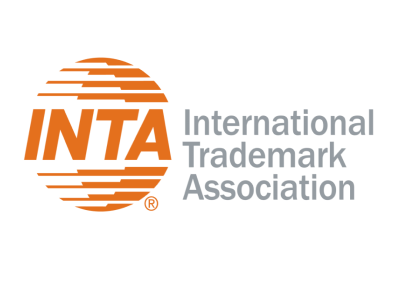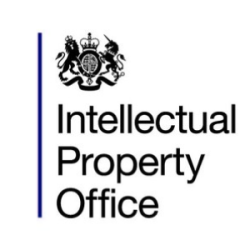New York, New York—June 13, 2023—The International Trademark Association (INTA) has filed a statement in intervention before the Court of Justice of the European Union (CJEU) in European Union Intellectual Property Office (EUIPO) v. Nowhere Co. Ltd (CJEU Case C-337/22 P), concerning the time at which the existence of a relative ground for refusal must be assessed in opposition proceedings against an EU trademark application.
In this case, the opposition was filed in March 2016. The opponent relied on three earlier non-registered marks used in the course of trade in the UK. The Second Board of Appeal of the EUIPO (BoA) found in February 2021 that, after withdrawal of the UK from the EU and after expiry of the transitional period on December 31, 2020, the opponent could no longer rely on rules governing common law actions for passing off under UK law. The BoA rejected the opposition for that reason alone.
The General Court (GC) subsequently annulled the BoA’s decision and ruled that the existence of a relative ground for refusal must be assessed as of the time of filing of the opposed EU trademark application. By its appeal, the EUIPO seeks to have the GC’s judgment set aside.
In the over three and a half years since a filter mechanism has applied to appeals brought against a decision of the GC concerning an EUIPO decision, only three EUIPO cases (including the present case) have successfully passed the filter. By allowing this appeal to proceed, the CJEU itself has acknowledged that the case raises an issue that is significant with respect to the unity, consistency, or development of EU law.
INTA first obtained permission from the CJEU to intervene on the basis that INTA has established an interest in the result of the case.
INTA argues in its statement in intervention that where the opponent’s/cancellation applicant’s right relied upon has, for any reason, ceased to exist at the time a decision is taken, it should then follow that the opponent/cancellation applicant no longer has a legal interest in bringing proceedings and the opposition/cancellation proceedings should fail.
Further, INTA notes that the outcome of the case at issue might have an impact on any future cases that involve the “disappearance” of an earlier right during EUIPO proceedings based on relative grounds. This is because the consequence of withdrawal of the UK from the EU can be equated with other instances of “disappearance” of earlier rights with ex-nunc effect in the course of such proceedings.
Therefore, in its statement, INTA requests, in support of the EUIPO’s single ground of appeal, that the CJEU set aside the GC’s judgement.
Read INTA’s statement in intervention.
About the International Trademark Association
The International Trademark Association (INTA) is a global association of brand owners and professionals dedicated to supporting trademarks and complementary intellectual property (IP) to foster consumer trust, economic growth, and innovation, and committed to building a better society through brands. Members include nearly 6,000 organizations, representing more than 33,500 individuals (trademark owners, professionals, and academics) from 181 countries, who benefit from the Association’s global trademark resources, policy development, education and training, and international network. Founded in 1878, INTA is headquartered in New York City, with offices in Beijing, Brussels, Santiago, Singapore, and the Washington, D.C., Metro Area, and representatives in Amman and New Delhi. For more information, visit inta.org.










